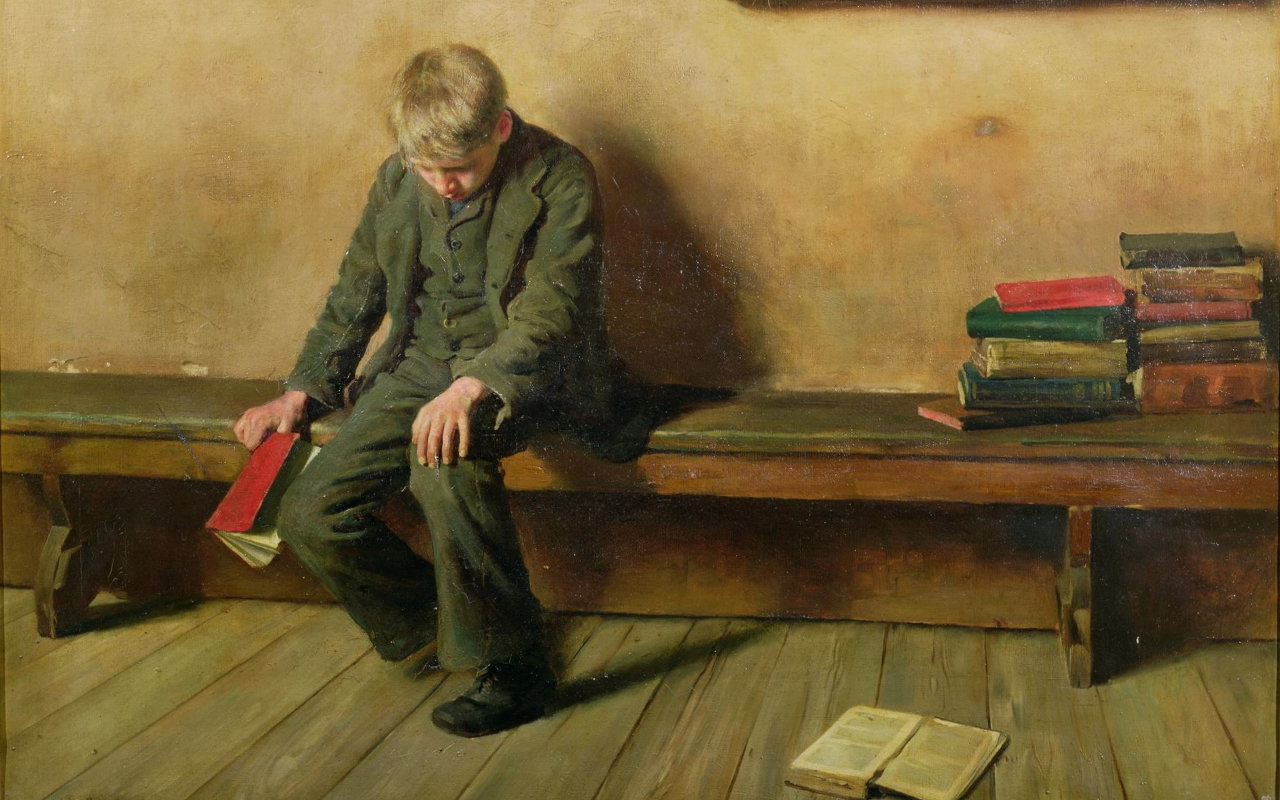My Academic Bully at CERN

Working at CERN was the highlight of my academic career. In many ways it is the perfect place for a scientist, a place where you get to work on the most cutting-edge problems in your field while surrounded by people who all share the same passion for the work. But in one way, for me, it was horrible: it is where I met the woman who would abuse me until I abandoned the project I had been sent over to work on.
I am not the kind of person who I thought would be the target of academic bullying. I’m big, I’m tough, I get along with pretty much everyone. My abuser did not match my stereotypes of a bully either: she was a woman, diminutive, seemingly unthreatening.
Writing this post, even years after the fact, was surprisingly tough; just thinking back on the events and the person raises my heart rate and makes me feel anxious and uneasy. But I felt like I had to write it, for me, and for everyone else who has gone through something similar. I hope that if enough people speak up, we will eventually be able to fight the abuse instead of hiding it.
Heading to CERN, and The Start
In 2012, I went to CERN to complete some of my required service work on the Compact Muon Solenoid experiment. Service work is the mopping and sweeping of experimental physics: it must be done to produce the desired scientific results, but it is not really science in and of itself. For my service work, I was a High Level Trigger (HLT) on-call. I took rotations monitoring the system and I had to be available to troubleshoot problems at a moment’s notice, day or night.
The HLT group ran the on-call program. The group was composed of grad students and post docs (and some professors) who wrote the software, built the hardware, and monitored the system. The post doc I worked with from Minnesota ran part of the group, and his deputy was a French post doc and my eventual abuser. She did not like me from the get-go; I suspect she saw me as a natural ally to my post doc, with whom she was in competition.1
The HLT post docs and grad students spent lots of time training me to handle the responsibilities of the on-call position. In fact, as one of the first people to go through the training,2 they spent extra time with me as any misunderstanding on my part indicated a problem with the onboarding system. Although she would later abuse me for incompetence, my abuser refused to contribute to my training.
The Attacks and My Panic Attack
I do not remember how the abuse started, but it soon became a constant barrage. Emails sent to the entire HLT list telling me that I was an idiot. Comments in group meetings saying the same. Saying that I was doing a terrible job. That I was doing the work too slow. That I knew nothing. That I made them look bad.
My panic attack came on suddenly. If asked, I would have guessed that a panic attack must start with a moment of sheer panic, but mine did not. Mine started with anger. I had just gotten back to my office from a meeting and opened my email to find another one from my bully. I clenched my fists, imagining the cutting response I would never write to shame her and make it stop. And then it happened: I could not stop clenching my fists, or even move my arms. I sunk to the floor as my heart raced in fear at having lost control of my movements.
My post doc came back to the office then. He helped me into our Peugeot Partner CERN van and drove me to the hospital. By the time we got there I felt off, but could move at least. The doctor did an EKG because of my history of heart problems but found nothing wrong. He told me to try to avoid the person who was causing me stress and then discharged me.
The (Inadequate) Response
I told my adviser I would not work with the bully or in the HLT group anymore. He agreed to this and found me another service job to work on, which was great. Removing myself from the group stopped the abuse, but I felt like I had let her win.
For his part, my advisor—whom I love and would highly recommend—did not handle the response correctly. While he helped to get me away from my abuser, he would later privately defend her to me, implying that she was difficult to work with but was a really good scientist. Perhaps he was trying to explain why she would escape punishment, but I did not need to hear that; I needed his support. Of course, my bully suffered no consequences, and she is still working at CERN to this day.
The End
Bullying in academia is not something you expect when starting your PhD program. Universities, national and international labs, and even your research group do not have good systems in place to deal with brilliant jerks. I was able to escape and get on with my life, but I hope that future generations of grad students and academics won’t have to. Until then, consider my anecdote in the same vein as my previous one: Should I Get a PhD?; advice for aspiring academics about a topic they might not have considered.
-
The more responsibilities you could claim, the better your chances of landing that rare tenure-track position most post docs desired. ↩
-
Most of the previous on-calls were veterans who did not need in depth training or documentation. They understood the system because they had built it. ↩